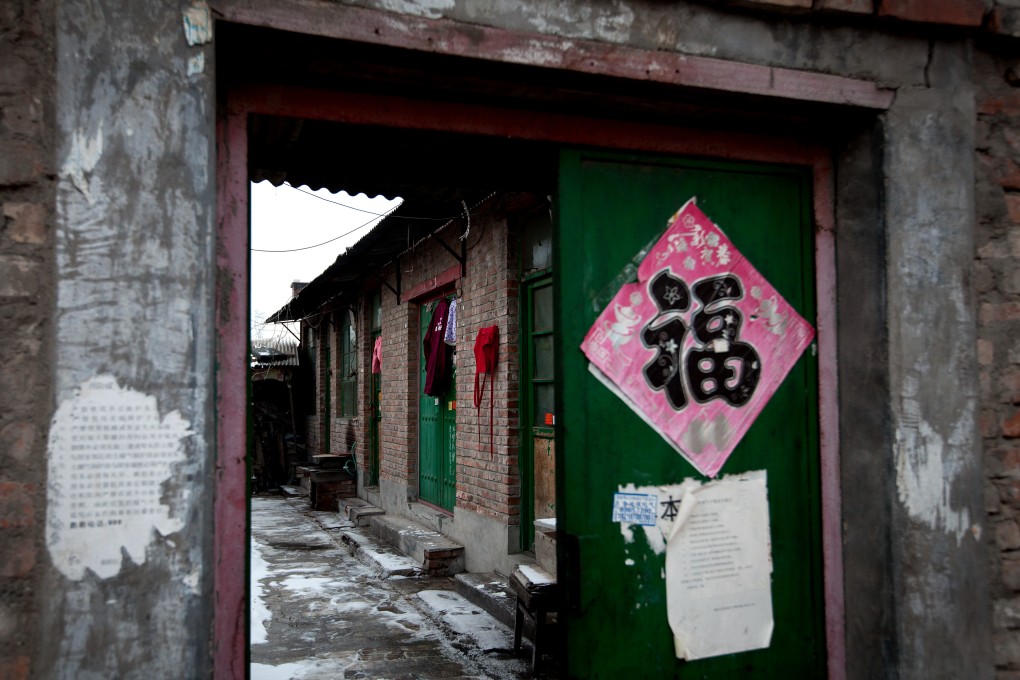New | Henan officials order shutdown of 'reprimand centres' after media storm

Authorities in Henan province said they were shutting down “reprimand centres” after media reports exposed how this new form of extrajudicial detention in cities had cropped up after the Communist Party abolished re-education labour camps.
Lower governments were sent an order overnight to close down reprimand centres – where petitioners were detained for at least 24 hours to receive reprimands, warnings and education – after the provincial government deemed them illegal, according to a Xinhua report on Thursday.
In one reprimand centre in Wolong district of Nanyang, a 70-year-old woman was kept for four days after a 10-day detention last month for petitioning in Beijing with her daughter, the Beijing News reported.
She was locked in a room without a bed or a toilet. About 10 other people, said to be employees of the police department, political and legal committee, and the bureau of letters and calls, were also in the room to keep an eye on her, the report said.
Relatives of the woman said the authorities failed to provide any documents during her last detention there. Their request was refused again on Thursday.
Petitioners from other areas of the province, including Xuchang, were quoted as saying that the detention could last from 70 days to half a year.